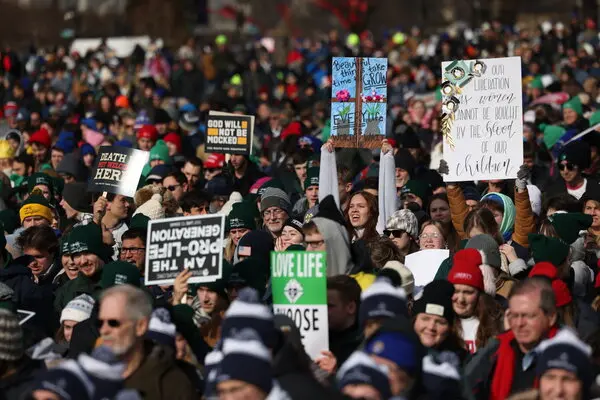WASHINGTON, D.C. (December 10, 2018) – Today, the U.S. Supreme Court has declined the opportunity to determine whether states are required to fund abortion businesses under the Medicaid Act. Justices Clarence Thomas, Samuel Alito, and Neil Gorsuch dissented and would have agreed to hear the cases because they present a question that “is important and recurring.”
Currently, there is a split in lower courts over whether the Medicaid Act grants individual Medicaid patients a private right of action to sue in federal court in order to challenge a state’s disqualification of their preferred Medicaid provider. Two states, Kansas (Andersen v. Planned Parenthood of Kansas and Mid-Missouri) and Louisiana (Gee v. Planned Parenthood of Gulf Coast), asked the Supreme Court to resolve this conflict.
Americans United for Life filed a “friend of the court” brief in support of Kansas, as well as a brief in support of Louisiana on behalf of 24 Senators and 66 Representatives in Congress, urging the High Court to review these cases and recognize the sovereign authority of states.
The Justices who disagreed with the denials joined an unusual written dissent authored by Justice Thomas. Thomas maintained that the Court has made “a mess” of the law in the area of implied rights of action to enforce federal statutes like the Medicaid Act, and that the Court failed to do its duty to resolve conflicts among lower courts simply because it wished to avoid cases involving Planned Parenthood. “[T]hese cases are not about abortion rights,” Thomas explained. “They are about private rights of action under the Medicaid Act…. Some tenuous connection to a politically fraught issue does not justify abdicating our judicial duty.” Justice Thomas called on the Court to do its duty, concluding: “We are responsible for the confusion among the lower courts, and it is our job to fix it.”
“AUL is disappointed that the Court declined to hear argument in these cases, and we join the dissent in calling on the Court to ‘do its duty,’” said AUL’s President and CEO Catherine Glenn Foster. “But the good news is that there are other similar cases pending in lower courts, which may give the Supreme Court another opportunity to decide this important issue. In the meantime, AUL will continue to fight to protect states from being forced to use their limited public funds to subsidize abortion businesses.”




